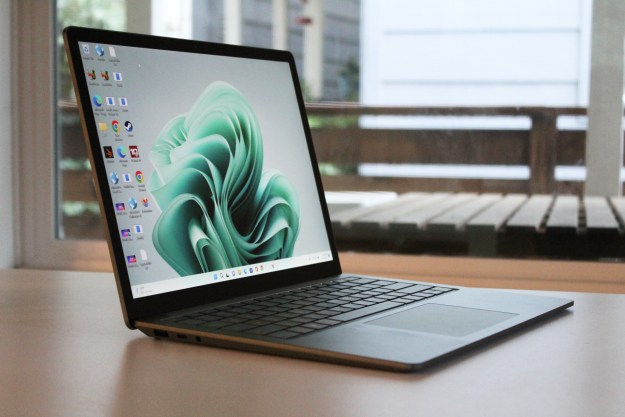
Microsoft’s Genuine Advantage antipiracy technology hasn’t won over many fans other than, perhaps, the Business Software Alliance, a long-standing industry organizations devoted to combating software piracy. Microsoft’s Genuine Advantage technology has garnered a solid chorus of booing from pundits, technology advocates, and consumers alike, in part because errors in the system have labeled legitimate customers as possible software pirates, and a much-publicized service outage last August left many customers in a lerch. And these complaints omit the privacy concerns: Microsoft Genuine Advantage enables Microsoft to remotely check out a user’s computer and product identification to look for possible piracy. If it finds something it deems suspicious—or simply malfunctions—it can disable access to features and functions until it’s satisfied the user has made good.
The best case scenario for Windows Genuine Advantage is apparently that customers are never aware it’s operating, and never gets in their way—and Microsoft’s WGA senior product manager Alex Kochis has gone so far as to post what amounts to an apology on Microsoft’s official WGA blog, outlining how the company is “learning” from its mistakes and making sure WGA’s operation is trouble-free—including “fire drills” to test team response to emergencies with the WGA system.
Nonetheless, there may be some evidence that antipiracy measures like Windows Genuine Advantage are slowly paying off for Microsoft. Although the company does not release figures about estimates piracy levels of its products, in its most recent quarterly financial statement the company noted that sales of Windows were up 20 percent, while worldwide PC shipments increased only 14 to 16 percent in the same quarter. Redmond attributes at least part of the difference to people buying legitimate copies of WIndows to replace pirated versions on their computers.
Critics of the WGA system point out that antipiracy and copy protection technologies historically do very little to prevent piracy—since the systems are almost always circumvented in short order by pirates and crackers—and almost always interfere with consumers’ genuine use of products. Furthermore, companies take a commercial risk with antipiracy technology, since difficulties with it will inevitably drive consumers to alternative products which don’t use copy protection technology…or to pirated software. Kochis’ apology—and Microsoft’s recent decision to remove WGA authentication from Internet Explorer 7—only adds weight to their cases: is a technology which requires 2 a.m. “fire drills” to keep running—and which Microsoft won’t even use in one of its own flagship products—really helping consumers?
Editors' Recommendations
- How to alphabetize lists in Microsoft Word
- How to delete or hide chats in Microsoft Teams
- Save $150 on a lifetime license for Microsoft Office for PC
- How to do a hanging indent in Microsoft Word
- The most common Microsoft Teams problems and how to fix them


